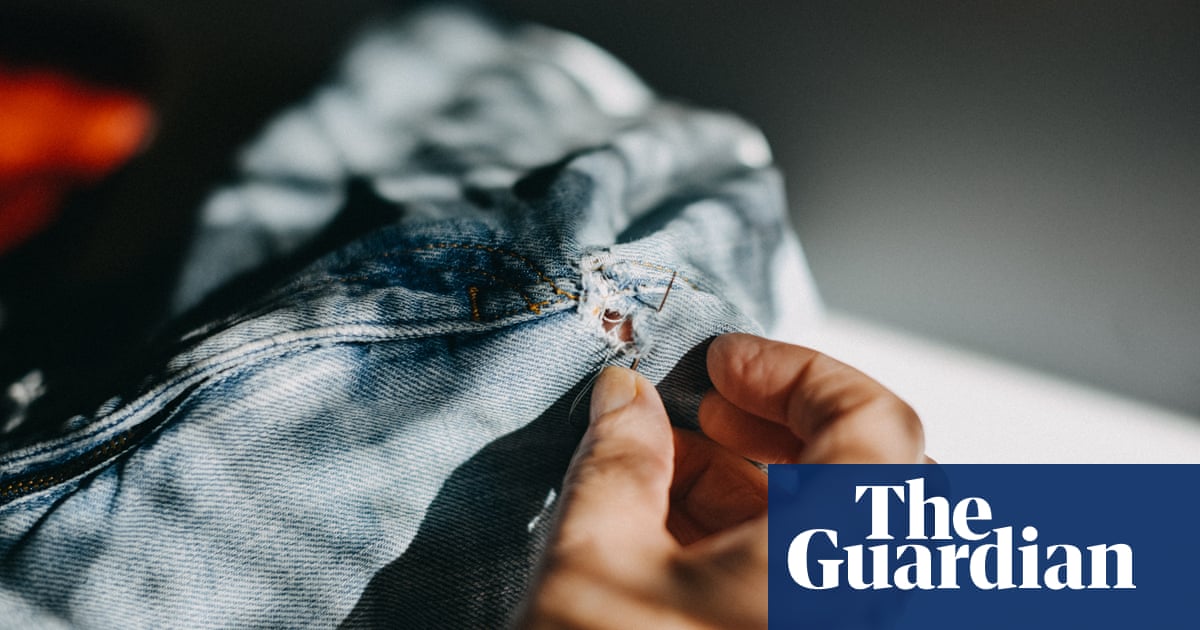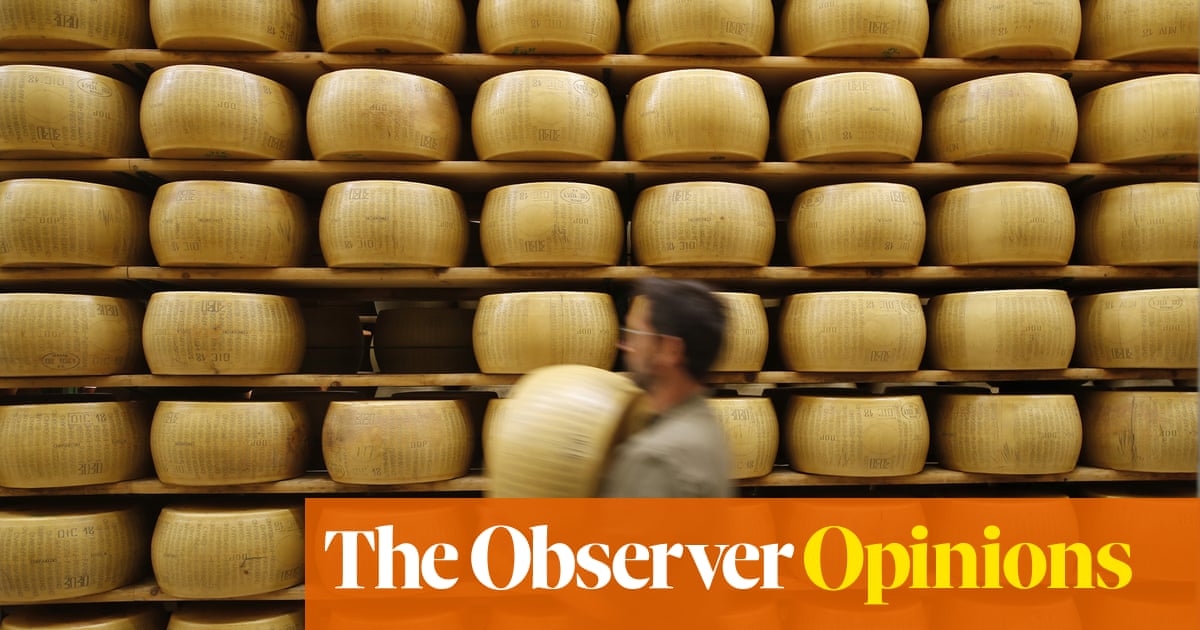
n the land of Louis Pasteur, pioneer of microbiology, the people are shunning vaccination. Or at least that is what polls over the past decade suggest, putting France among the countries most dubious about vaccination, alongside Bosnia-Herzegovina, Japan and Mongolia.
France is far from being the only place affected by “vaccine hesitancy”, as the World Health Organization (WHO) describes it. The phenomenon has been gaining ground in the west, and more broadly in the developed world, for a simple and paradoxical reason: thanks to the benefits of immunisation and rising standards of healthcare, the notion of a life-threatening epidemic has until recently seemed distant – opening the way for the luxury of fearing vaccines themselves.
That said, the phenomenon of French scepticism deserves closer scrutiny.
To a large extent, vaccine scepticism in France is a historical enigma. Ever since the first vaccines were invented in 1796, some people have thought they were either useless or more dangerous than the disease they were designed to combat. This was the case in the UK, Germany, Canada and the US, among others. In the days of Pasteur, many opposed vaccination, driven by a concern for hygiene, opposition to animal-testing or out of hostility to further advances in bacteriology. One of the fiercest opponents of vaccination was Henri Rochefort, a journalist whose column recorded deaths purportedly caused by the rabies vaccine. At the Paris academy of medicine, one prestigious doctor asserted: “Pasteur doesn’t cure rabies, he spreads it!”
But in France such hostility was slow to coalesce. The first anti-vaccination league was not established until 1954, not long after the government imposed compulsory BCG jabs to combat tuberculosis – its British counterpart had been founded almost a century earlier. Nor did it witness the anti-vaccination demonstrations that occurred in English-speaking countries at the end of the 19th century. Up until the late-1990s, French anti-vaxxers only represented a tiny minority and attracted little public attention.
Moreover, there was no sign in France of the prime sources of opposition to vaccination: no religious grounds, as was the case in the Netherlands for instance; no tradition of alternative medicine rooted in a back-to-nature ethos, as in Germany; no politically inspired hostility to overly intrusive government, as in Italy or Serbia. The threat posed by big pharma might have mobilised anti-capitalist groups, but the longstanding pro-science stance of the Communist party and far-left prevailed.
Two recent political crises triggered the shift in French public opinion. One hinged on ministerial dithering over hepatitis B. In 1994 the then minister of health strongly recommended vaccination. But after a change at the helm, his successor suspended the rollout, yielding to (untrue) suspicion that the vaccine might cause autoimmune diseases such as multiple sclerosis. This backtracking coincided with the Wakefield scandal over the MMR vaccine in the UK.
In 2009 another controversy sapped public trust. With the WHO warning of a possible H1N1 swine flu pandemic, the French government purchased large amounts of expensive vaccine. Ultimately the epidemic never took hold and few people had the vaccination (only 9%, as in the UK, compared to 65% in Sweden). General practitioners and their patients were baffled when the government excluded family doctors from the nationwide vaccination drive. Then, in an attempt to dispel concern over a particularly hasty marketing authorisation, the authorities ultimately made matters worse. As a “precautionary” step it launched two distinct vaccines, one containing an adjuvant, the other, designed for children and pregnant women, without.
These conflicting messages created a double bind that fuelled public concern. Reading between the lines, it sounded as if the public were supposed to trust ministers and doctors, even though clearly the government did not trust GPs. The H1N1 fiasco, prompted by the WHO’s alarmist warnings and a disease much less virulent than feared (causing 312 deaths in France), largely explains why the French are now so wary of immunisation policy.
This recent experience combines with political forces. Recent doubts in France also reflect growing distrust of policymakers rather than the health service or science as such. When polled on whether they think vaccines are “safe”, the French are, in one sense, expressing how much they trust the people encouraging them to have a jab, in other words experts, the media and politicians. Unfortunately, the French currently take a very dim view of the “elite”. The degree of vaccine scepticism bears out the crisis in democracy that has been brewing for the past 30 years, recently surfacing in the gilets jaunes (yellow vests) protests.
As things stand, France is lagging on the percentage of the population vaccinated against Covid-19. The reasons for this are multiple, but among them is vaccine hesitancy. Paradoxically, having taken a number of publicity and health measures to encourage those who say they won’t take the vaccine (just under half of the population), they have overlooked the majority who are willing to be vaccinated straight away. This is an error of judgment: vaccine confidence erodes when citizens feel that the state is itself hesitant, as was the case in France with the rollout of the vaccine for hepatitis B.
We shouldn’t forget that it’s easy to exaggerate the problem. The French as a whole have accepted 2018 legislation introducing compulsory immunisation for children against 11 diseases. They may appear to have doubts about the various Covid-19 vaccines, but the uptake of this season’s regular flu jab was massive. I wouldn’t worry about French scepticism derailing the battle against Covid-19 – but as long as the crisis of democracy persists, there is every likelihood that these attitudes will endure.
Laurent-Henri Vignaud is a historian of science at the University of Burgundy. Translated by Harry Forster












